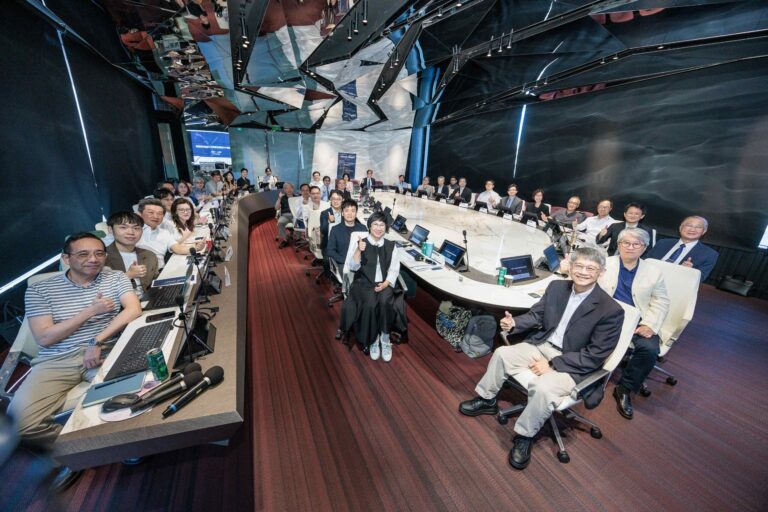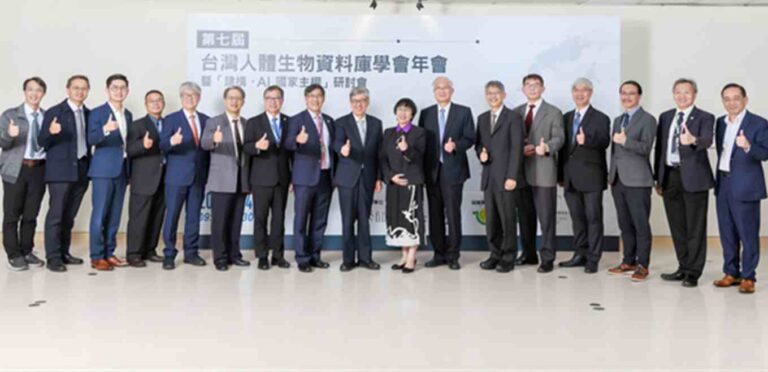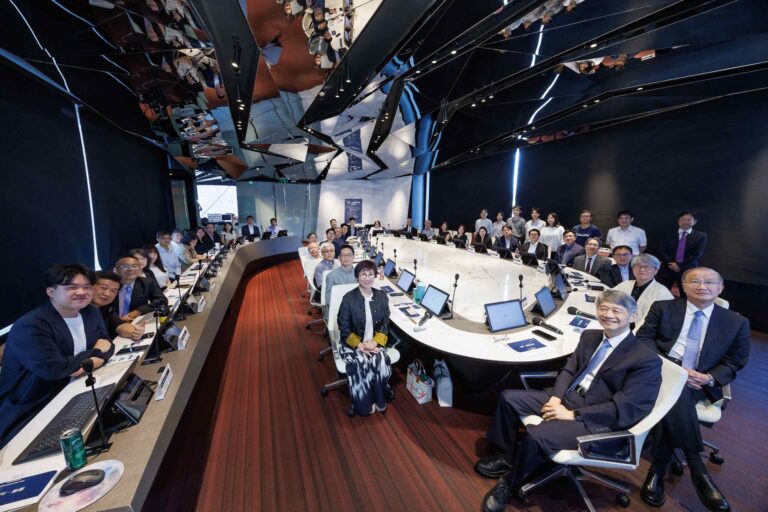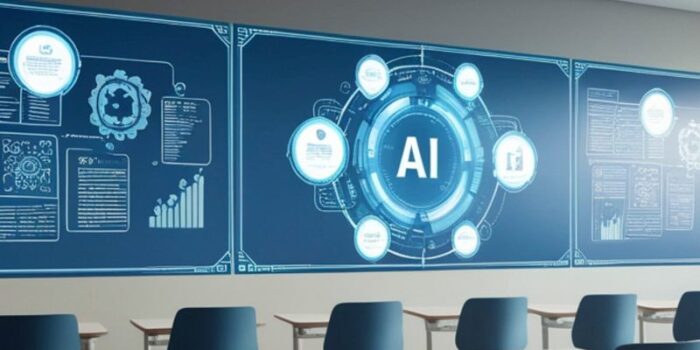Project Director
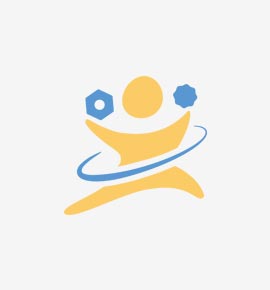
Jui-Chu Lin
- Distinguished Professor at the College of Humanities and Social Sciences, National Taiwan University of Science and Technology
- Director and CEO of the Center for Law and Technology Innovation, National Taiwan University of Science and Technology
-
Research Area
Legal Education
Abstract
This project focuses on the Ethical, Legal, and Social Implications (ELSI) of emerging technologies, with artificial intelligence positioned as a central application domain in vocational education empowerment. Integrating biomedical research, energy technologies, and AI applications, the project translates abstract ELSI concerns into hands-on learning through dynamic consent mechanisms, geothermal decision-support platforms, and AI- and blockchain-based implementations. By combining interdisciplinary coursework, industry mentorship, faculty–student co-creation, and industry–academia collaboration, the project enhances students’ practical skills, ethical awareness, and institutional literacy. The overarching objective is to bridge the gap between education and practice while cultivating technology professionals equipped with strong social responsibility and governance-oriented competencies.
Affiliated researchers

Ellen Chen
Administrative Assistant
Event Photos
